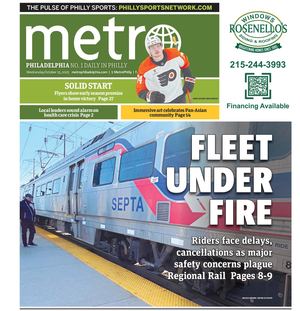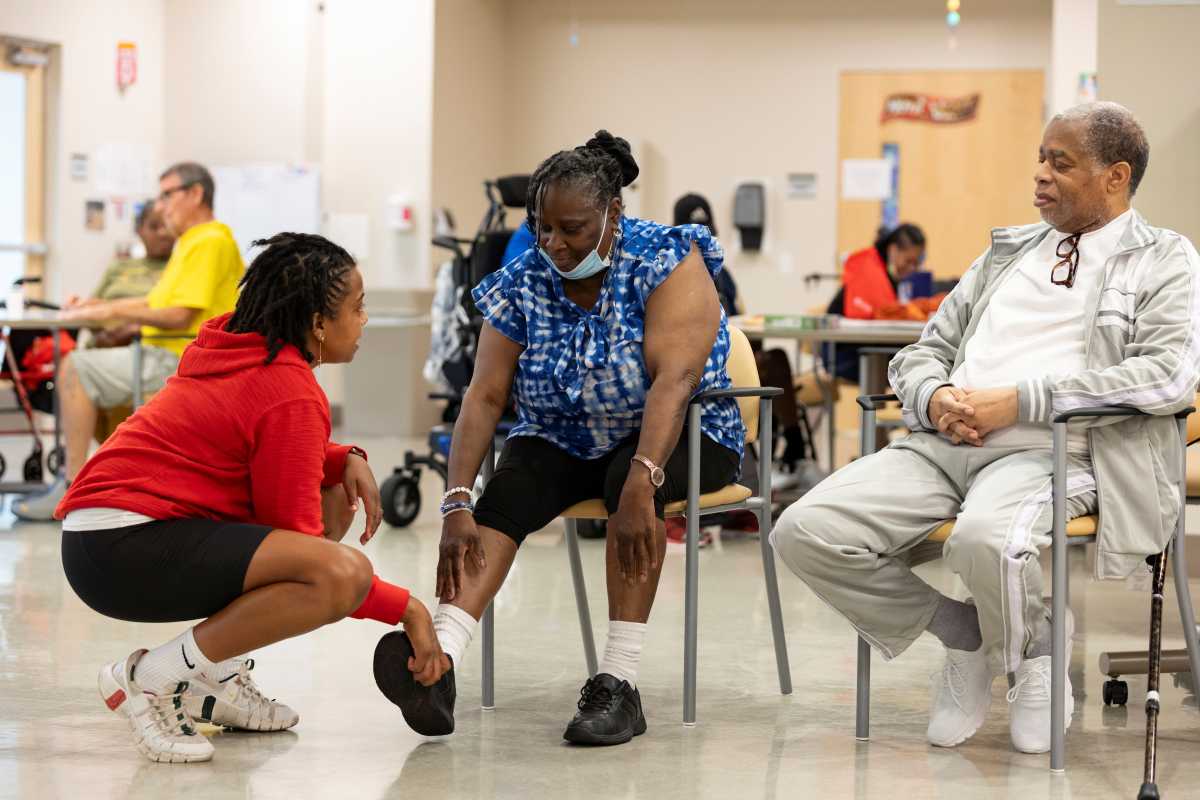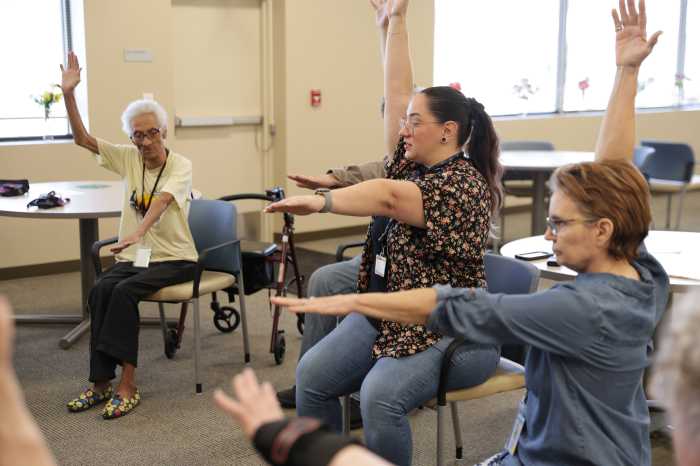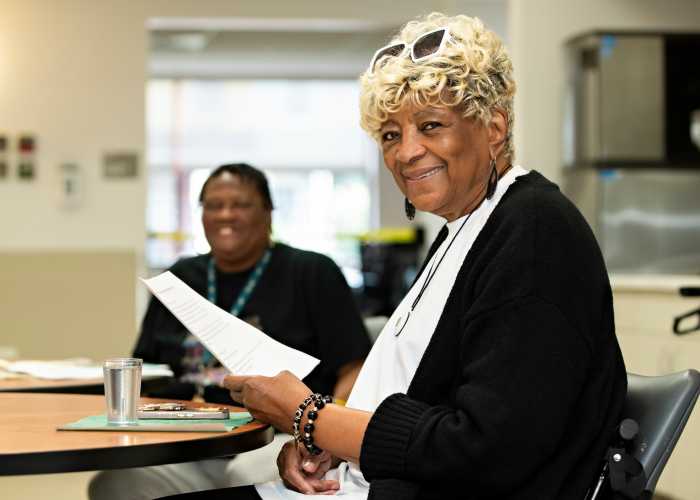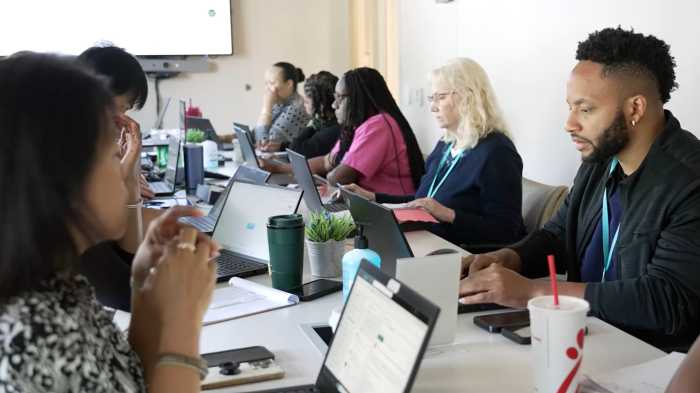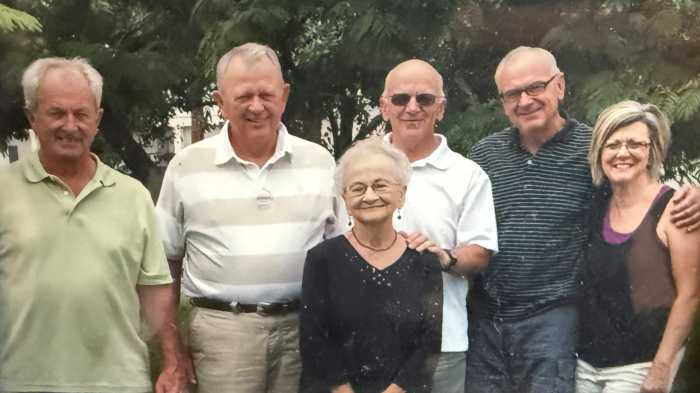There used to be a commercial for medical alert bracelets that portrayed an elderly woman, hurt, and yelling out for help with, “I’ve fallen and I can’t get up.” That television ad was often lampooned by stand-up comedians, and for no good reason — there is nothing funny about older adults falling.
The PACE and InnovAge Pennsylvania’s modern eldercare LIFE (Living Independence for the Elderly) programs are dedicated to helping America’s aging population maintain the warmth and familiarity of home, with a sense of community and dignity, 24/7. September’s “National Falls Prevention Month” highlights why a focus on falls and (more importantly) fall prevention is such a crucial element of all of InnovAge’s physical, mental, and emotional care and treatment.
Dr. Ann Wells, InnovAge’s Chief Quality and Population Health Officer, notes that falls are a leading cause of disability among the geriatric population, with 1 in 4 adults, aged 65 and older, experiencing at least one fall each year.
“Falls are a leading cause of fatal and non-fatal injuries,” says Wells. “A fall with a major fracture is very difficult for a geriatric individual to recover from. This is why our focus on fall prevention is so important.”
In order to best accomplish preventive care, InnovAge leverages the evidence-based CDC’s (Centers for Disease Control and Prevention) STEADI program (Stopping Elderly Accidents, Death, and Injuries) and its coordinated approach to implementing falls prevention strategies.
“STEADI is focused on three core elements,” says Wells, “screening for the risk of falls, assessing what those risks are to the participant, and intervening, or putting into place all efforts to prevent a fall.”
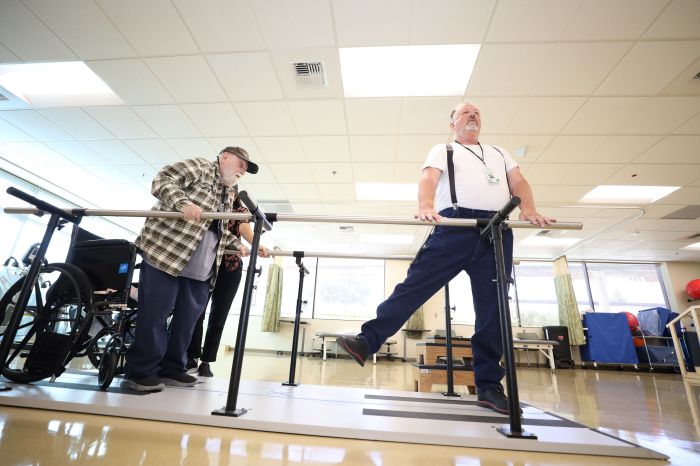
Preventing falls is no easy task, but InnovAge’s trained rehab therapists, a part of its interdisciplinary (IDT) care team, make the extra effort to keep its participants safe. They screen for falling risks by asking about recent past falls and fears of falling. At enrollment time, and on a yearly basis, all patients get an IHS (individualized home support) assessment in their place of residence.
“This assessment includes environmental safety evaluations that include poor lighting, loose rugs or cords, or a need for grip bars or a ramp into their home,” states Wells. “If any home modifications need to occur, and are approved by the IDT, InnovAge will pay for these modifications.”
InnovAge’s physical and occupational therapists also do thorough evaluations of its enrolled seniors, including whether they need assistive devices like canes or walkers (if needed, paid for by InnovAge), proper footwear, renewed prescriptions for eyeglasses to avoid tripping, and any lower leg strengthening requirements and rehab.
“We also we have clinical pharmacists who partner with a patients’ provider to optimize medication safety and side effects,” says Wells. “Any medication side effects, like dizziness, can increase a participant’s risk of falling.”
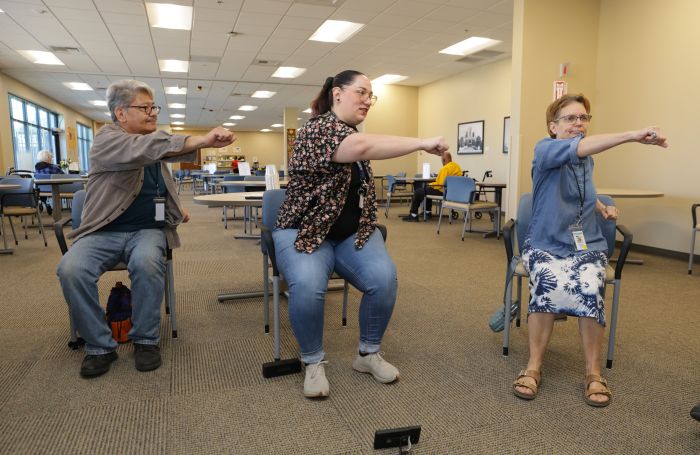
InnovAge participants from around the United States applaud all aspects of their chosen caregivers’ dedication to fall prevention.
“I’m glad we have a support system here that looks out for the elderly,” says Randall, an InnovAge Pennsylvania LIFE Henry Avenue center participant. “If it weren’t for this InnovAge program… I just don’t even know.”
Another Henry Avenue participant, Antoinette, says that you need someone with eyes, ears, and an interest to always see what is happening. “With InnovAge PACE, you have a team for every aspect of your healthcare. Most people cannot do that for themselves.”
And Kermit, an InnovAge Virginia PACE Blue Ridge center participant, puts the fall prevention program in full perspective. “I’ve been to other medical facilities, and it really touched me to see how safe that I am here,” he says. “My trainer is working with me now. We go walking so I can get around. That’s one thing about PACE. They take you to the next level so you can do it on your own. I can do things now that I couldn’t do before. I can get on the bus, and I can go to the market, and I can come back. You just don’t know how that makes me feel.”
Along with mentioning a gentler aspect of InnovAge’s look into fall prevention occurring every September with Fallapolooza (“a week-long event with numerous activities highlighting the risk of falls and strategies to prevent falls”), Wells is aware that obstructing falls is only a part of the battle.
“If a participant does experience a fall, InnovAge’s multidisciplinary team of rehab therapists, nurses, and pharmacists performs a root cause analysis to determine what led to the fall, and what we can put in place to prevent a future fall.”
For more information, visit InnovAge.com
Sponsored content produced in partnership with InnovAge
